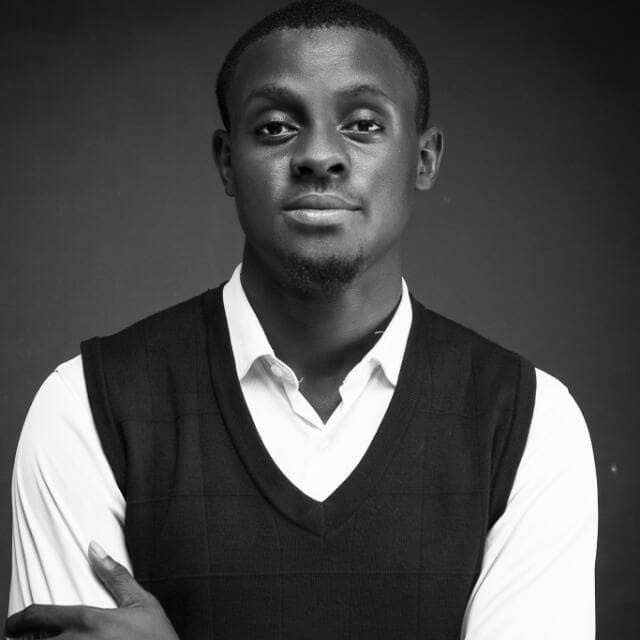‘Themes of manipulation and power and death and poison influence my writing’
OBINNA UDENWE is many things rolled into one in the literary landscape. His new book Coloursof Hatred is the race for The Nigeria Prize for Literature 2020. In this interview with AnoteArtHub, he reveals vile emotion such as hate could sow seeds for personal and national disintegration
How much would you say The Nigeria Prize for Literature has energised writing in the country?
The Nigeria Prize for Literature has indeed exposed Nigerians and indeed the world to a lot of good writing from the country. It has also energized writers to put more effort in their craft. I recall some years back, I guess it was the cycles for poetry and children’s literature, when the judges could not find any of the books worthy of winning the prize and prize sponsors, Nigeria Liquified Natural Gas Limited (NLNG), had to invite some of the authors to a book workshop, then years later one of those in that workshop, Jude Idada won the prize for his book, ‘Boom Boom’. Without the Nigeria Prize for Literature, many might not have met writers such as Chika Unigwe, Esiaba Irobi, Tade Ipadeola and Jude Idada etc., etc. Most importantly, between July and October every year, Nigerians are always excited and anxious, waiting for the shortlist and the eventually winner to be announced. The Prize also means more sales for these books, so it is a good thing.
Where were you when you heard the news that you had been shortlisted for the NLNG-sponsored The Nigeria Prize for Literature 2020?
The shortlist of eleven was announced on a Sunday. I was driving to Asaba, Delta state where I have this ongoing construction project, when I got a call from Uche Nathson, the curator of Liber Book Club, Asaba – in fact, I was in possession of twenty copies of Colours of Hatred which they’d ordered as their anniversary book. So when she called I thought she wanted to remind me to come with the books, but she said that The Nigeria Prize for Literature 2020, sponsored by Nigerian Liquified Natural Gas Limited (NLNG), shortlist had just been announced and my book is on the list. I was shocked. I had to stop the car to hear her well. I knew the book was submitted for it but that was in 2020 and I had since forgotten about it all.
Why do you write?
I write to expose the happenings in my society.

What would you say writing has done for you and what do you hope that writing would do for you?
Writing has given me great exposure and love, even from folks I do not know, and The Nigeria Prize for Literature has expanded this. I hope my writing would continue to attract love and exposure for me.
Why do you think your book should be the one that emerges the winner of the prize?
I believe Colours of Hatred is an engaging story, and in as much as it entertains, it also addresses one of the greatest problems of our society today – hate.
What do you hope to do with the USD$100,000 money that comes with the prize?
We, the Igbo, say that one does not count his eggs until they are hatched.
How does you book reflect contemporary challenges and what ways do you suggest out of them?
One of the contemporary challenges bedeviling our society today is ‘hatred’. It is a huge problem. In the book, you find that the characters discussed how the hatred between northern and southern Sudan resulted to the war that messed the country up and likened that to the feud between northern and southern Nigeria. I wanted to use the back story of how hatred results to war to draw the readers into various effects of hatred – how by hating one another we may open doors for catastrophe. In the book you find that the effect of the war in Sudan messed the Egbufor family up. They could not rid themselves of this hate, it continued all through till it led to their undoing.
What vision of society is espoused in your current work?
My book, Colours of Hatred, envisions a society free of hate and evil and prejudice. A society where we can trust one another without fear of betrayal.
Who and what are your influences?
Haruki Murakami is a constant influence in most of my writings, especially my short stories. For Colours of Hatred, one would notice that the prologue mirrors Maria Corelli’s The Sorrows of Satan. I was also influenced by such authors as Leila Abouleila, Ahdaf Soueif, Chika Unigwe and Naguib Mahfouz. I am influenced by the themes of manipulation and power and death and poison. Everyone who has read my other book, Satans & Shaitans and my short stories would notice this.


1 Comment
Great to know